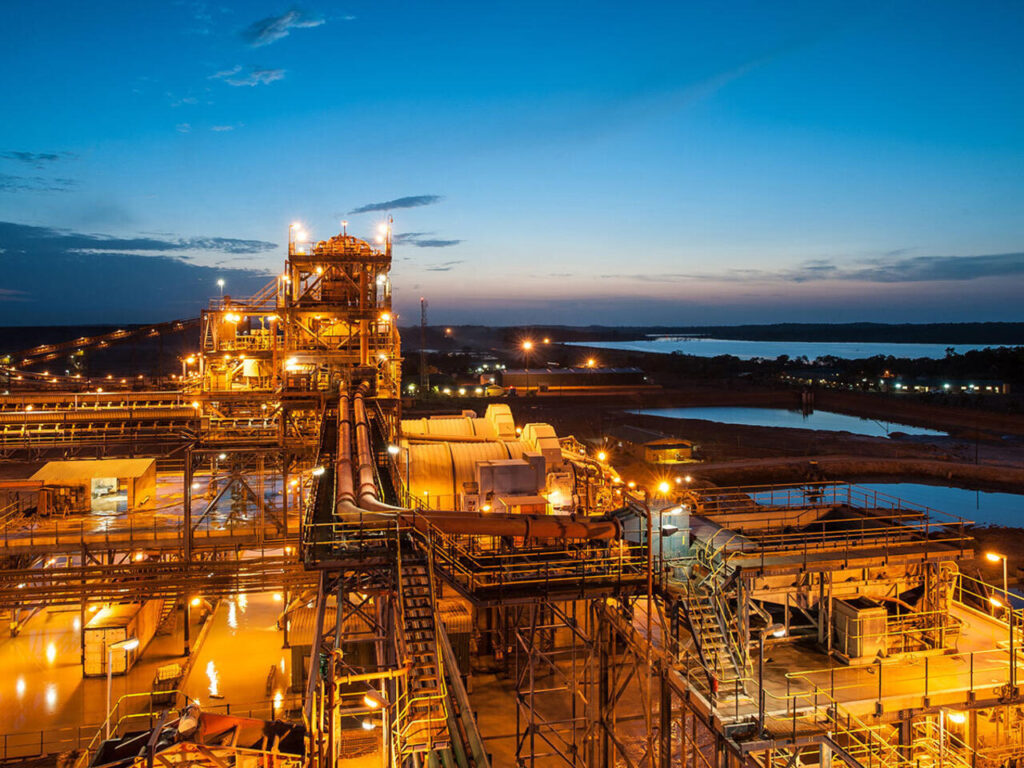A Malian court has rejected an appeal by Canadian mining giant Barrick Gold to release four of its local employees detained since November 2024. The decision, delivered Tuesday by Judge Samba Sarr, represents a serious escalation in the long-running conflict between Barrick and the Malian government over taxation and ownership rights related to the country’s gold mining operations. According to the company’s lawyer, Alifa Habib Koné, the charges—including money laundering and violations of financial regulations—are baseless. Yet the court ruled the appeal itself to be “unfounded,” dealing a symbolic and strategic blow to one of the world’s largest gold producers.
While the legal outcome may appear procedural, the implications are anything but. Mali’s interim government, led by Colonel Assimi Goïta, has increasingly taken a firm stance against multinationals in critical sectors like mining and energy. This ruling comes amid a broader campaign by the Malian state to reclaim economic sovereignty, particularly over its most valuable resource: gold. Beyond the courtroom, this case signals a shift in how African governments—especially those in fragile transitions—are asserting greater control over foreign investment and fiscal flows.
Mali is currently Africa’s fourth-largest gold producer, with nearly 72 tons extracted in 2023. Barrick’s operations at Loulo-Gounkoto make it a key player in the country’s mining economy. Gold revenues account for more than 25% of Mali’s state budget. In recent years, the government has sought to revise its mining conventions, increase local participation in operations, and secure a larger share of revenues. The arrest and continued detention of Barrick employees may be interpreted as part of this broader effort to pressure major players into renegotiating terms or complying with new fiscal demands.

This episode is also part of a growing trend across the continent: legal pressure as a tool of economic leverage. Whereas past disputes between African governments and foreign companies were often settled behind closed doors or in international arbitration, today’s conflicts are increasingly played out in domestic courts—with public opinion closely watching. Some critics argue that the judiciary is being used to pursue political or economic objectives. Others see it as a long-overdue recalibration of power dynamics between resource-rich states and global extractive firms.
In francophone Africa, particularly in the CEMAC zone, the repercussions of this case may ripple far beyond Mali. Countries like Cameroon, Chad, and Gabon are also rich in mineral resources and face similar tensions over ownership, revenue sharing, and contractual fairness. Governments in the region have launched audits of extractive agreements, while public discourse increasingly demands transparency, national benefit, and local empowerment.
For investors, the message is clear: the rules of engagement are evolving. Africa remains a high-opportunity environment, but operating successfully now requires more than technical expertise and capital. It demands a deep understanding of local politics, legal frameworks, and the shifting expectations of host governments.
The Barrick case is a reminder that Africa’s natural resources are no longer up for grabs. They are at the heart of a larger movement—one rooted in sovereignty, accountability, and a growing determination to rewrite the narrative of extraction on African terms.



